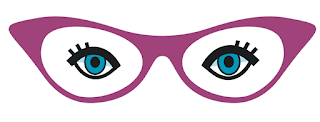Language and Reading Evaluations in Pre-K and K

There are lots of professionals who are qualified to evaluate children for written language disorders, sometimes referred to as dyslexia. Included in this group are speech-language pathologists (SLPs). The American Speech-Language Association (ASHA) says that one of the roles of the SLP includes: Diagnosing disorders of reading and writing - including dyslexia - and describing the relationship between these disorders and the student's spoken language difficulties. https://www.asha.org/PRPSpecificTopic.aspx?folderid=8589942549§ion=Roles_and_Responsibilities There are lots of different perspectives on how to evaluate, what should be included in the evaluation, and what we should call "it." The people who don't win in all this confusion are the parents and kids. Google and social media outlets are flooded with both expert advice and pseudo-science snake oil. It's hard to tell the difference as a parent. Often, parents don't realize t


